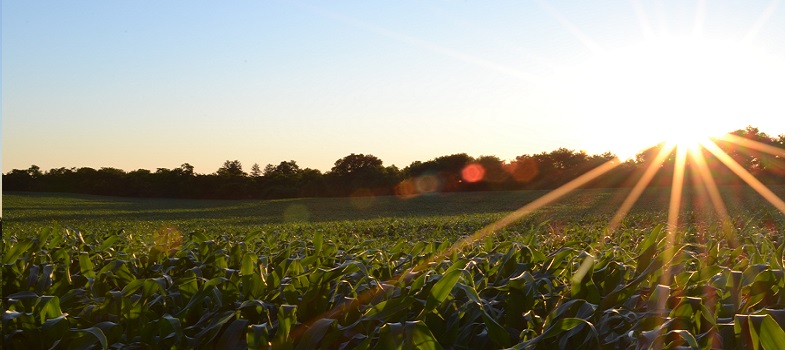Knowledge generation and exchange
The third factor in our list is knowledge generation and exchange between all actors, whether they are within communities or networks of practice or webs of influencers. There are growing debates not just about the differing types and nature of knowledge noted above, but also about how such types of knowledge are generated and exchanged between the actors in the farming system, including the idea of co-creation.
Indeed, knowledge exchange is but one of many terms used in agricultural extension and related sustainability fields (Faizey et al., 2012) which often influences how this area is discussed and researched.
The focus on user involvement in research has led to a categorisation of four types of knowledge in play:
| know-what: information, knowledge of facts |
| know-why: knowledge of scientific principles |
| know-how: skills or capability to do something |
| know-who: social skills to access know-how of others (Lundvall and Johnson, 1994). |
However, these are not always acknowledged or brought to the fore in many agricultural knowledge and innovation systems. Most current knowledge and innovation systems are influenced by the prevailing power of formal, scientific knowledge which has resulted from the professionalisation of knowledge creation and its use in agriculture by scientists (Levidow, 2011).
Gaining a more balanced and shared understanding of the system of interest and the connections between the actors can be facilitated using visual methods to both capture knowledge and provide a focus for discussions. We will discuss such methods in more detail in Session 4.
Practices
